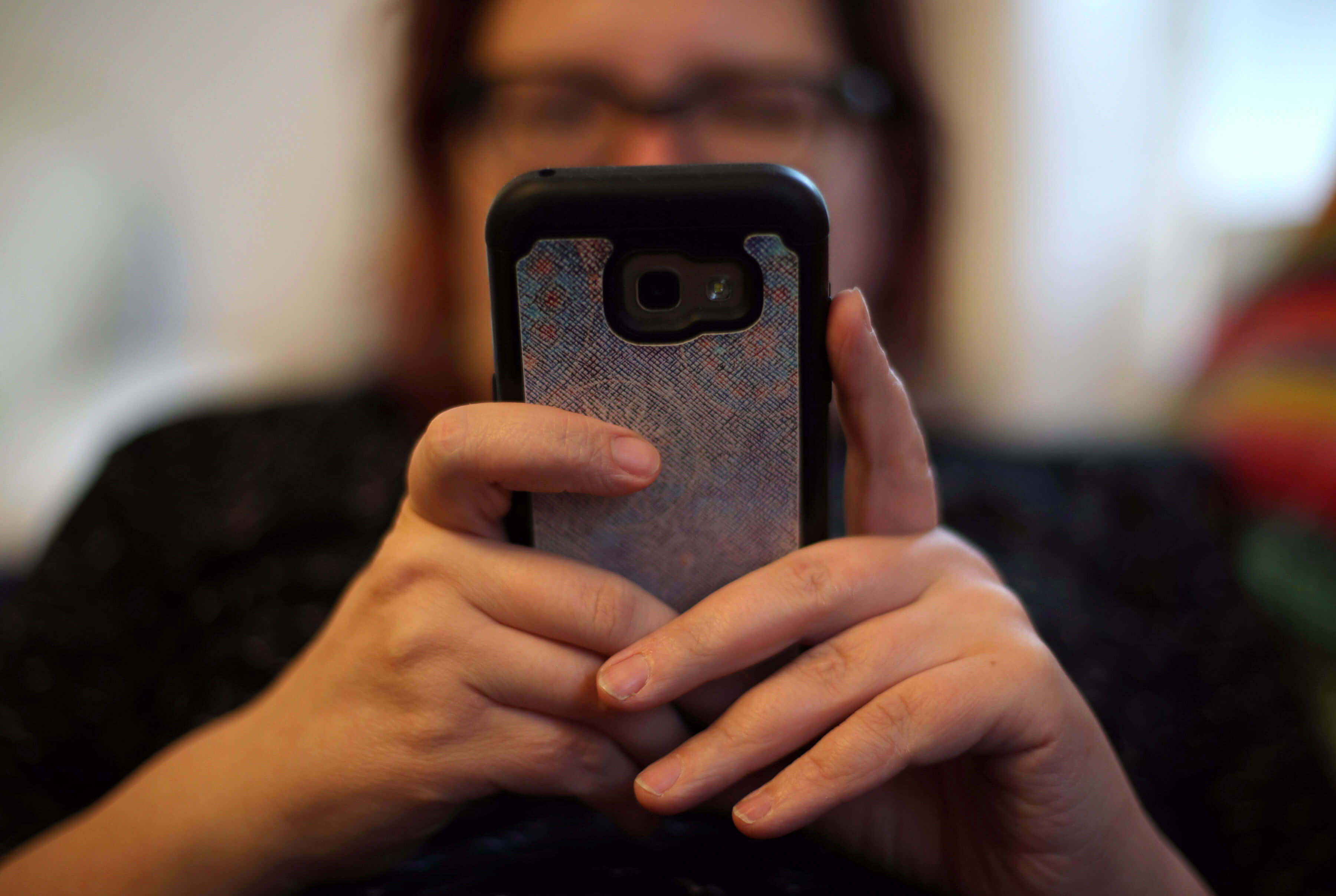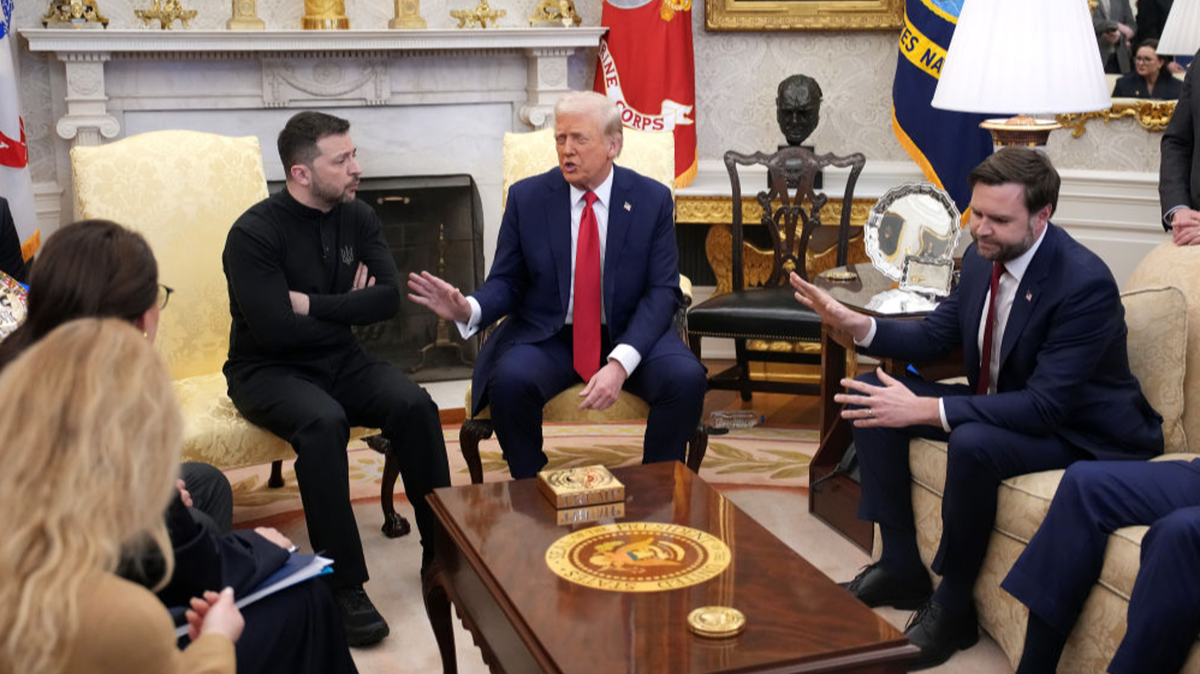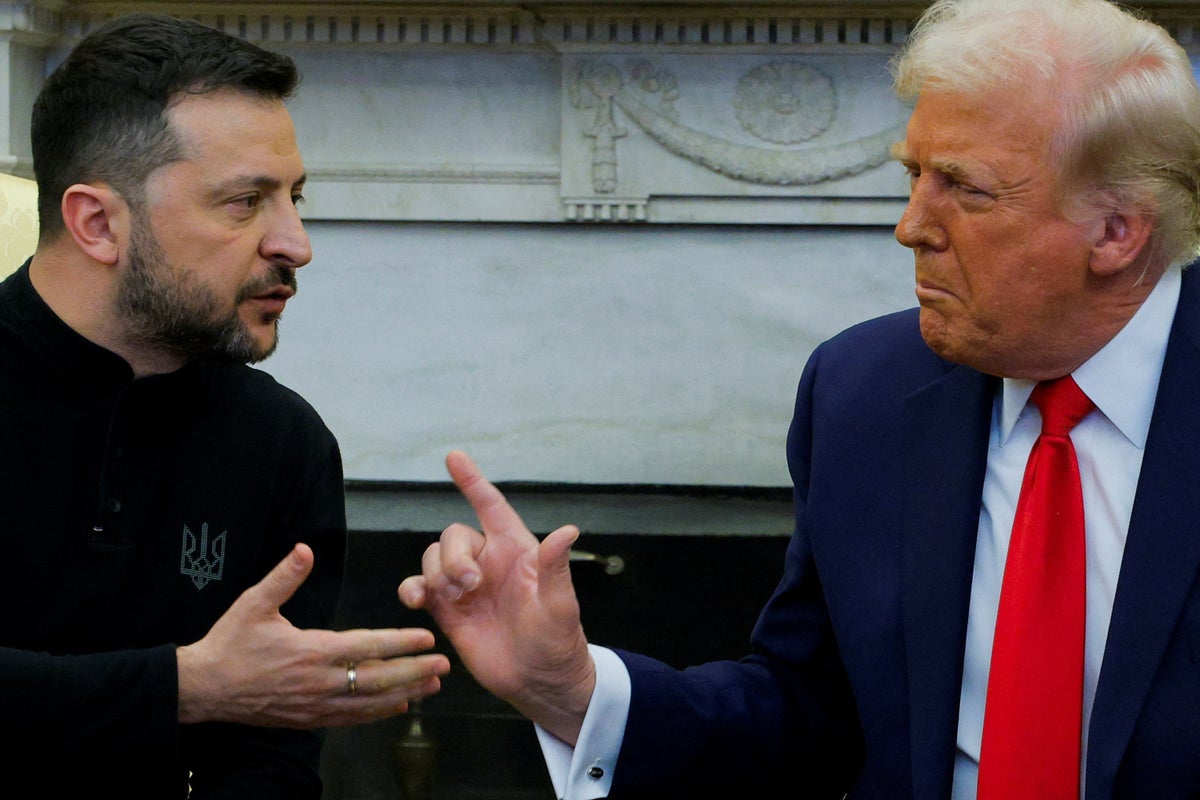Here’s How To Bet On The U.S. Presidential Election

If you want to bet on the Nov. 5 presidential election, you can’t do it legally in the U.S. through regulated betting platforms such as DraftKings and FanDuel.
But you can bet through online election prediction markets, said Koleman Strumpf, an economics professor at Wake Forest University.
In some non-U.S. jurisdictions, commercial betting companies can legally accept wagers on the U.S. presidential election based on odds favoring one candidate or the other.
Prediction markets are different. They allow people to go online and put money on various questions, such as, “Who will win the presidency?”
For instance, the question might be, “Will (Candidate X) be the 47th U.S.president?” You can buy the “yes” answer or the “no” answer. There won’t be any betting odds, as with commercial bookmakers handling sporting events.
By the end of the first week of October, a “yes” vote for Democrat Kamala Harris cost 53 cents per contract (to win $1) on the New Zealand-based market PredictIt, while a “yes” vote for Republican Donald Trump cost 50 cents.
Trump Shooting Moved The Prediction Markets
During a recent interview on Gambling.com’s “The Edge,” Strumpf noted that one difference between commercial bookmakers and prediction markets is that bettors who go to legal sportsbooks to place a wager on athletic events are betting against the bookmaker based on the betting line the bookmaker sets.
With prediction markets, participants are betting against other participants, with prices fluctuating instantly depending upon events during the race, such as a new campaign ad or a candidate’s misstep.
Prediction markets can offer a more timely read than polling on what the public is thinking about a candidate’s chances. An example of this occurred in July when Trump was shot in Pennsylvania, Strumpf said. The markets changed immediately after the shooting and again moments later when Trump, with blood on his face from a bullet grazing his right ear, pumped his fist in the air.
‘Legal Gray Zone’
During the interview, Strumpf also discussed legal issues and other challenges facing prediction markets seeking to allow election betting in the U.S., creating, in some cases, a “legal gray zone.”
The legal issue arose again during the first week of October when, as CNBC reported, the commodities exchange Kalshi resumed taking bets on the outcome of the 2024 congressional elections and the presidential race “hours after a federal appeals court in Washington, D.C., lifted a legal freeze on such contracts.”
U.S.-based Kalshi plans to accept bets of up to $100 million, according to Politico. Most prediction markets only accept smaller totals, Strumpf said.
The legal challenge stems in part from a concern by the U.S. Commodity Futures Trading Commission that political betting could undermine the integrity of elections. The CFTC is continuing to appeal.
In the Gambling.com interview conducted days before the appeals court decision, Strumpf addressed whether legalizing political betting would create situations where people could manipulate elections to win bets.
“It’s very, very hard to do this,” he said. “I would argue that I don’t see any evidence of this in any of the work I’ve done looking at hundreds of years of elections.”
He noted that whether these markets are legal or not, they won’t disappear.
“The exact analogy is sports betting,” he said, adding that there was a lot of illegal sports betting in the country prior to a 2018 U.S. Supreme Court decision opening the door to legal wagering nationwide beyond just Nevada. Bllions of dollars were wagered on sports, Strumpf said, but it was all done illegally.
He said a better solution would be to “put it above board and legalize it and regulate it.”
Related
Sports Betting Giant Flutter Forecasts Strong U.S. Growth To Drive…
Flutter CEO Peter Jackson.Courtesy of Flutter Entertainment Flutter Entertainment, the world’s largest online gambling company, said that it’s expecting str
BetBlocker Enters US Responsible Gambling Market
The charity, originally from the UK, launched a US unit, BetBlocker US, as part of its North American entry. The organiz
Viewers react to ’embarrassing’ JD Vance comment toward Zelenskyy as…
Social media users watching clips of the heated meeting between President Donald Trump, Vice President JD Vance and President Volodymyr Zelenskyy have called a
Ukraine latest: Zelensky urges Trump to stand ‘more firmly on…
We have Zelensky's statement in full Below, we have Ukrainian president Volodymyr Zelensky’s statement in full after touching down in the UK following a fiery













